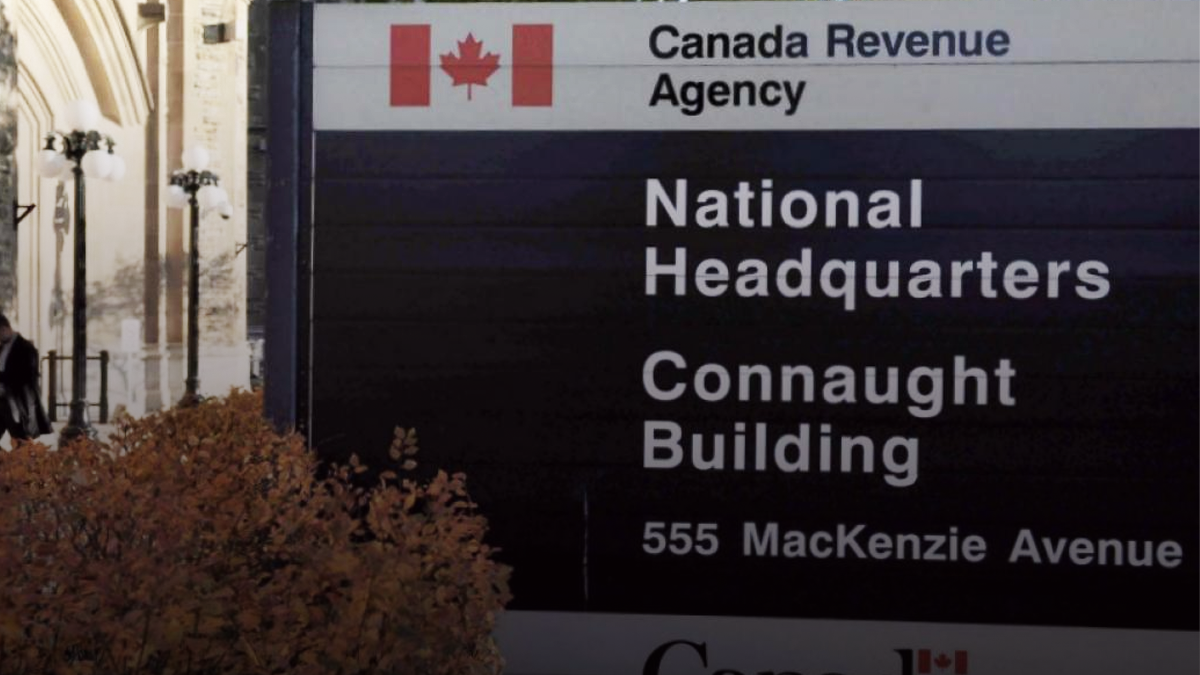A new survey conducted by the Canada Revenue Agency (CRA) revealed that Canadians are frustrated with the tax system and its complexity.
The survey, which involved 25 focus groups across Canada, asked them to share their opinions and experiences with the tax system and the CRA. Sessions were held in Calgary, Toronto, Montreal, Halifax and also online between June 5 and July 6, 2023. A total of 196 people were interviewed, including 85 taxpayers, 57 small businesses and 54 tax intermediaries.
The survey found that the most common word used to describe the tax system was “complex”, followed by other terms such as “confusing”, “complicated” and “difficult”.
Many participants also expressed a sense of unfairness in the tax system, using words such as “unfair”, “unjust”, “too high” and the middle-class being “overburdened” with the tax share.
Some participants pointed out that the tax system favours the wealthy and large corporations, who can exploit loopholes and avoid paying their fair share of taxes.
The survey also asked participants about their impressions of the CRA, which were more mixed and varied.
Accountant and tax expert Neal Winokur told True North that he wasn’t surprised by the complaints and unfortunately, there wasn’t much the CRA could do to fix the situation until the government endeavours to take on tax reform.
“Yes, Canadians’ concerns about the tax system being complex, complicated, confusing, difficult, unfair, unjust, and too high are all absolutely correct and the feelings are absolutely justified,” said Winokur, the author of the book The Grumpy Accountant.
“The sad truth is that the CRA cannot do anything to address these issues. The CRA is not responsible for the absolute horror show and complete mess that is the Canadian tax system. The responsibility lies with the Department of Finance, specifically, the Minister of Finance and the Prime Minister.”
According to Winokur, there hasn’t been a comprehensive update to the tax system since the 1970s when the government did a five-year study leading to an overhaul in 1971.
“Since 1971 however, every government that came to power kept adding on more and more band aid solutions to make small fixes and tweaks to the tax system here and there. So now we are left with a total mess,” said Winokur.
Some participants had a neutral or moderately positive view of the CRA. Others had a more negative view of the CRA, criticizing its lack of transparency, accountability and responsiveness.
Some participants also expressed distrust and fear of the CRA, especially those who had experienced audits, disputes or penalties.
The survey also explored the issue of tax compliance and fairness, asking participants whether they thought loopholes or cheating were a bigger problem for the tax system.
Responses were divided, with some participants arguing that loopholes are more problematic because they allow legal but unethical tax avoidance by the rich and powerful.
Others argue that cheating is more problematic because it is a blatant violation of the law and undermines the integrity of the tax system. Some participants also suggested that both loopholes and cheating are equally problematic and need to be addressed by the CRA.
The survey results suggest that Canadians are dissatisfied with the current state of the tax system and want to see improvements made towards the end of simplicity.

